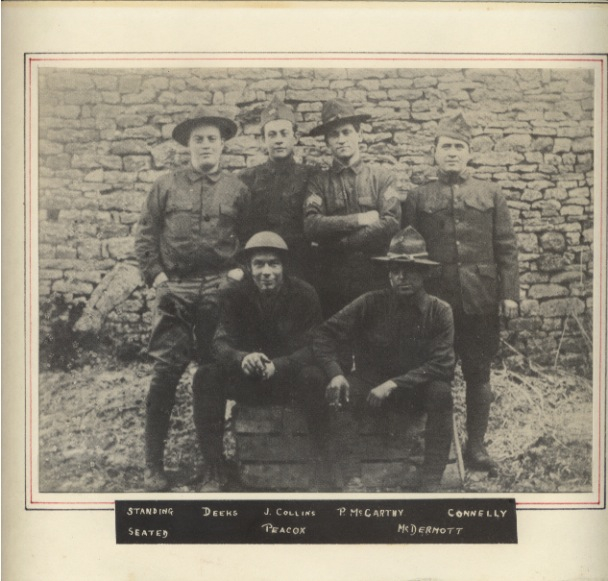Environmental Federation Joins Chemical Industry, Builders, & Business Groups in Support of Christie Rule Moratorium

Dave Pringle, NJEF – providing political cover for Christie already
It is no secret that the NJ Environmental Federation (NJEF) endorsement of Chris Christie prompted harsh criticism by environmentalists.
It is also no secret that, during the campaign Christie sent some extremely disturbing signals about his environmental policy.
Since the election, Christie’ two most concrete acts of concern are an early betrayal of his promise to require installation of cooling towers at the Oyster Creek nuclear plant to protect the aquatic life of Barnegat Bay; and his plans to impose a moratorium on regulations and state mandates to make it “easier for business” (while seeking “horror stories” about rules from the Chamber of Commerce, and appointing fiercely anti-environment Hunterdon County legislator Marcia Karrrow to Chair the environment transition team).
In the clearest indication of the shape of things to come, remarkably NJEF today joined the chemical industry, NJ Builders Association, and business groups in supporting Christie’s controversial proposed rule moratorium. Today’s Asbury Park Press reports:
Eco-Lobby frets over rules freeze
By TODD B. BATES – ENVIRONMENTAL WRITER – November 23, 2009 Gov.-elect Chris Christie won a surprise endorsement from an environmental group during his campaign, but some activists are wary of his plan to freeze proposed state rules and review red tape. …
But business and builder groups like Christie’s stance.”We applaud the governor-elect’s efforts to do what he can to streamline Trenton,” said Amy J. Whilldin, communications director for the New Jersey Builders Association. … Hal Bozarth, executive director of the Chemistry Council of New Jersey, an industry trade group, thinks the rule freeze and red tape review are good ideas and hopes the focus will be on things that make New Jersey anti-competitive.
Not surprising, exposing the game early, the Christie folks used the NJEF endorsement as cover for their clearly anti-environmental policy, choosing not to defend that policy and instead to rely solely on the NJEF endorsement as political cover for the regulatory moratorium:
“Obviously, Chris has a strong commitment to environmental protections” that was demonstrated by the New Jersey Environmental Federation’s endorsement of him, said Maria Comella, Christie’s spokeswoman.
And NJEF went right along with the charade – a transparent attempt to avoid embarrassing criticism for their hugely mistaken endorsement:
David Pringle, campaign director for the New Jersey Environmental Federation, said “the state has a lot of inefficiencies and overlapping and conflicting rules, and there’s plenty of things that have absolutely no impact on environmental and public health protection.”
But flat out contradicting Pringle’s spin, the APP reports on just some of the DEP environmental rules that would be impacted (for a full list, see this post)
The Department of Environmental Protection, for example, has 18 proposed rules, including one that would cover wind turbines and solar panels in the coastal zone. …
In a letter last week, Christie asked Corzine to freeze all pending regulations that would result in additional spending.
Pending DEP proposals would readopt safe drinking water and water pollution control rules; require lower-sulfur, less-polluting fuel oil; set standards for wind and solar facilities in the coastal zone; and set a limit for perchlorate, a rocket fuel chemical, in drinking water.
Something is seriously wrong when a purported environmental group becomes incapable of telling the truth, and instead engages in all sorts of political spin to mislead the public and avoid criticism of their guy, Chris Christie.
Telling the truth would amount to self criticism for their endorsement – and I guess, in politics, that’s too much to ask.
But, NJEF is a purportedly democratic organization.
So those that are members of NJEF or that write checks for financial support to NJEF fundraisers should let the NJEF Board know about their concerns.
PS – Pringle thinks NJEF has some kind of “assurance” from the Christie folks –
We’ve received assurances and are confident that whatever transpires will not (undermine) environmental and public health protection,” he said.
Hey Dave, if you have that deal locked up, then why didn’t the Christie’s spokesperson confirm it? Hell, they didn’t even acknowledge it! (or are you still naive enough to think they will go against their business backers and side with protecting the environment?)
Notice that Camela, Christie’s spokesperson said NOTHING about any commitment to NJEF or plans to exclude environmental rules from the moratorium.
You got suckered, plain and simple. Best to admit that now, tell the truth, and stop digging the hole you’re in deeper.
